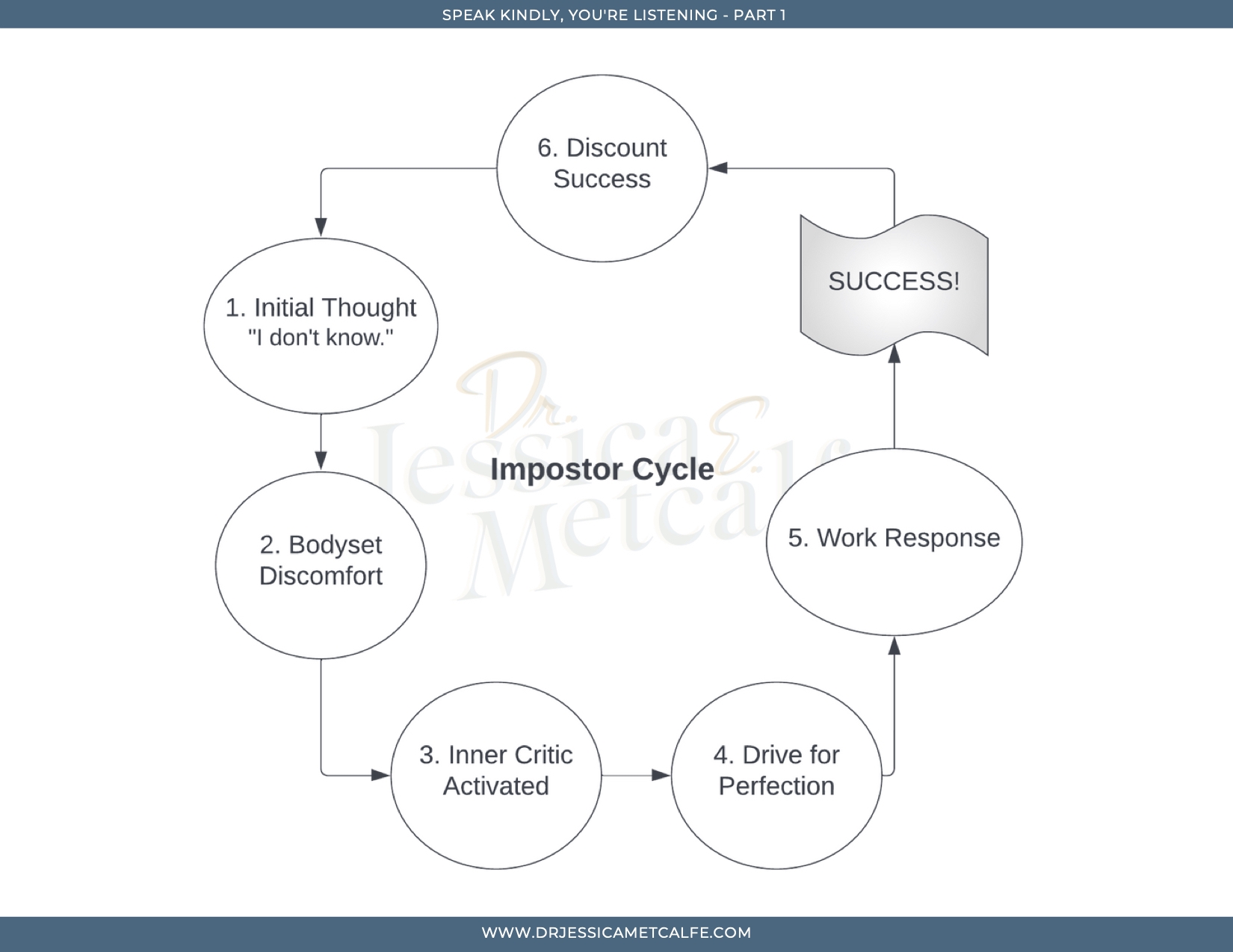Have you ever felt undeserving of a job you are qualified for or frequently undermining your skills around friends or colleagues?
If so, you could be struggling with the impostor phenomenon.
Approximately 70% of people throughout North America will face impostor-related feelings at one or more stages of their lives.
First identified by psychologists Pauline Rose Clance and Suzanne Clance in 1971 as the impostor phenomenon, the term has been used more frequently since 2015 in both research papers and Google searches.
What commonly goes undetected as anxiety, the impostor phenomenon is a psychological pattern which causes chronic self-doubt and overwhelming feelings of inadequacy, often despite repeated success and accomplishments.
Today, new research conducted by LifeWorks finds 32% of Canadians have a high mental health risk, 45% have a moderate mental health risk, and 24% have a low mental health risk as a result of workplace-related stress.
Victoria based life coach, public speaker and author of Speak Kindly, You’re Listening, Dr. Jessica Metcalfe has spent over two years supporting other working professionals in developing strategies to help overcome workplace insecurity, perfectionism and the risk of burnout.
@drjessicametcalfe What’s the link between impostor syndrome and burnout? Are you overextending yourself because you think the only way to be better is to sacrifice yourself time and time again? You are more likely to overwork, striving for perfection because of the pressure you put on yourself and that can lead to burnout #burnout #impostersyndrome #impostorsyndrone #quietquitting #highperformers
Most commonly known as impostor syndrome, Metcalfe says the way in which employers and employees acknowledge work-induced anxiety starts with the terminology we use to address it.
“If you automatically start classifying it as a syndrome, then you can look inwards and think, okay, well something’s wrong with me. A phenomenon takes it one step further, giving you that bird’s eye view and says, you know what? This is an experience. It’s an exceptional experience that I am having at this moment in time,” Metcalfe tells Victoria Buzz.
In recent years, publications including Time magazine have reported on research attributing impostor syndrome to enhanced focus on interpersonal skills and alertness within a workplace setting.
Metcalfe says although there are some positive aspects of the impostor phenomenon such as producing quality work and maintaining dedicated attention to a job, the long-lasting effects can severely impact a person’s mental health if unchecked.
In the absence of acknowledging one’s own abilities and accomplishments, those who are suffering succumb to a cycle of self-doubt.
“It’s as if you think you actually don’t know anything. When you feel like you’re alone in this aspect of it, what ends up happening is you just keep repeating the exact same patterns over and over again,” says Metcalfe.
Metcalfe advises those that are struggling to overcome impostor-related doubts, to pay attention to the six phases of the impostor cycle.

The initial feeling of “I don’t know,” should be met with a pause, allowing those struggling to figure out what questions they need to ask to overcome that feeling of confusion.
Followed by body discomfort, one should ask themselves, “what am I actually experiencing in my body right now and do I need to be afraid of it?” says Metcalfe.
Setting time locks and implementing boundaries is Metcalfe’s third step to holding oneself accountable for completing tasks in a healthy manner.
“For the person who feels they avoid and they step into doom scrolling on social media or binge watching TV giving yourself the opportunity. I’m going to take a look and focus on this (certain task) for two hours on a specific date,” says Metcalfe.
For those with a strong drive for perfection, acknowledging and savouring your success is the most pivotal step in overcoming impostor related feelings, even if it sounds as if you’re bragging.
“If you’re someone who already thinks about the fact that your head’s gonna get too big, you will always stop yourself. You’re allowed to brag a little bit about what you just achieved. You get to savor that,” says Metcalfe.
For those that are currently struggling with the emotional weight of the impostor phenomenon, Metcalfe’s new book, Speak Kindly, You’re Listening delves deeper into this topic and can be purchased at Indigo Books as well as Barnes & Noble.



